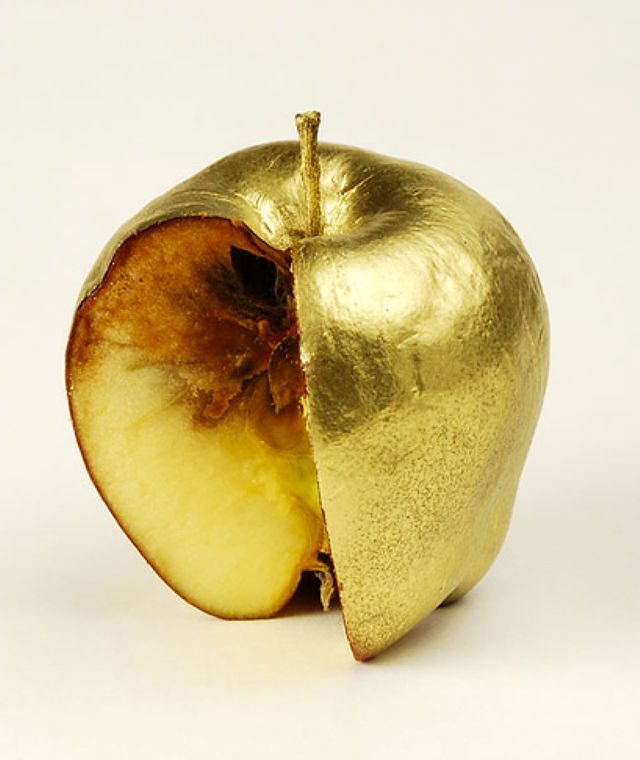Why Books?
This post was co-published at talanhorne.com.
I suppose it's a legitimate question.
After all, if you're going to dedicate your life to a high-risk career, why not pick something more exciting? Why not go for the brass ring of sports, music, or acting? Or, if you must choose writing, then why not write for movies or TV?
Surely, any of those options would be more worthwhile.
Except No, Not Really

When it comes to any career, your best bet is to go with what you're passionate about, provided that passion is solid enough to lift you above all the noise and competition. So I want you to understand that nothing I say in this post is meant to denigrate any of those other career choices. Any of them could be right for you.
But early on in my life, I was able to write them off as poor investments. Through process of elimination, I discovered that writing books was objectively the best option.
Feasibility and Cost-Benefit
With a little bit of study, it is easy to come to the conclusion that some of the world's most coveted dream jobs have surprisingly deep drawbacks. Some are simply out of reach and others are not worth bothering over.
Let's examine a few of them in depth.
Sports: Your success is largely determined by birth circumstances. Were you born tall, strong, or flexible? If not, then you're wasting your time. All the passion and training and gumption in the world will not make up for physical inadequacies that you have zero control over.
Dance: You are limited by an insurmountable age cutoff. Are you already in your 20s when you discover that dancing is your passion? Well, too bad. You missed that boat forever.
Also, the dance world's obsession with body image is even greater than what you find everywhere else. Simply being at a healthy weight is enough to disqualify you from the entire ecosystem.
Music: The age cutoff is different than dance's, but still there. You have to master (not just learn) an instrument while you're still in your teens. You often have to collaborate with other young talent, where you risk either getting overshadowed or going your separate ways.
Acting: The worst of all worlds. You get age cutoffs, body image obsession, and the lottery of birth circumstances all in one package. Add to that the predatory casting couch practices (which can no longer be denied in light of recent events) and the near-infinite amount of competition and the long work hours. And the minefield of public image where a single misstep can end your career forever.
Actors have less agency than perhaps anyone in the world.
But Surely, Writing is Different

Writing, in general, does have a few benefits over the other most coveted careers. There is no age cutoff, and body image is mostly irrelevant, and birth circumstances are considerably less important (though not negligible).
However, many kinds of writing come with their own pitfalls.
TV Writing: You usually serve on a team of writers, and are largely replaceable. Even a show's original creator can get fired without much justification. Producers just add more writers when necessary and dismiss any who are noncooperative or superfluous.
Scripts are written at a roundtable where everyone contributes and no one owns the final product. There's a good chance you'll get overlooked, or that all your ideas will get shot down. And when you leave the project, you take none of it with you.
Movie Writing: Any contribution you make is likely temporary. When your screenplay is done, the studio will hand it to another writer who will "fix" it, tossing the parts they don't like and taking credit for the parts they do. If you even get a screenwriting credit, you're lucky.
And, once again, you own nothing that you created. If the project starts as a movie, you can't later turn it into a book without the studio's say so, because legally the studio is the author of the work. All royalties go to them, and the residuals maybe go to you (if you negotiated your contract right).
Advantages of Writing Books

As with TV and movies, writing books requires collaboration...but with a positive twist.
The book author retains sovereignty over their work. All creative choices concerning the book pass through the author (cover art can't always be negotiated, but the author at least gets to pretend that they approved it). Edits cannot be forced or coerced upon the author, either, though a wise author will listen to all their editors and try to set ego aside.
And, when all is done, the author owns the newly created Intellectual Property. All royalties go to the author. All subsequent adaptations, translations, reimaginings, and based-ons are at the author's discretion, with a cut of the money going to them at every stage (so long as they manage their rights correctly; but even if they don't, the author is still legally recognized as the originator of the IP).
If I were to make a comparison, I would say that writing for TV, movies, or the news is like having a work-for-hire contract that pays a set amount and then is done. But writing a book is more like entrepreneurship, where your property goes to work for you and continues to offer up returns over the course of its lifetime.
Entrepreneurship may not be right for everyone, but you're not going to achieve lasting success as a wage slave to some other entrepreneur.
Conclusion
After writing a few books, I've become convinced that almost anyone can do it. I also wonder, at times, why everyone isn't doing it.
From where I'm standing, book writing appears not only as a dream come true, but as the most practical option. For all the risk an author takes getting a book written and published, they have also avoided much bigger risks in a host of other fields. I can only come to the conclusion that there is nothing crazy about my chosen career path.
But then, I have an aptitude for it. Others may encounter roadblocks that do not apply to me, and I have to admit that I am blind to these obstacles.
Still, my position has a workable case. I invite all to consider it and maybe take a plunge into the field. It's never too late to start writing books, and there's never a good reason not to.
@talanhorne,
I don't think writing book (authorship) is a common ability for all of us! Personally I am not a good writer and I can't write long essay or story since my childhood! But I am a good reader! Reading books gives me more great feeling than watching TV!
Cheers~
It is definitely an acquired taste for example I do not think I can make reviews like yours, much less create a book, make a book is like creating a good beer and in itself is art. Regards
Excellent review, my friend, and I assure you that writing books is an excellent choice for a career, as well as in the material sense, and in the spiritual sense! Thank you @talanhorne
Good writing knowledge about very difficulty. great article and thanks for sharing
Thanks @talanhorne
Have a wonderful day.
Oh yes @talanhorne, writing books always occurred to me, but I still couldn’t decide on it, but after reading your message, I now looked at this lesson differently!
@talanhorne - Sir I wish your books will publish soon... The world has a lot of readers & only few real authors... Sir I think you're one of that few authors...
+W+
Hello @talanhorne,
Extraordinary good article. Writing is a kind of art & not easy. You're doing it incredibly.
~@mywhale
Very interesting writing & publishing advice for business . You are awesome @talanhorne
A good article & professional post. Valuable discussion & Thank you

Risk takers always dare to do things differently and you have your own unique way of achieving things :)